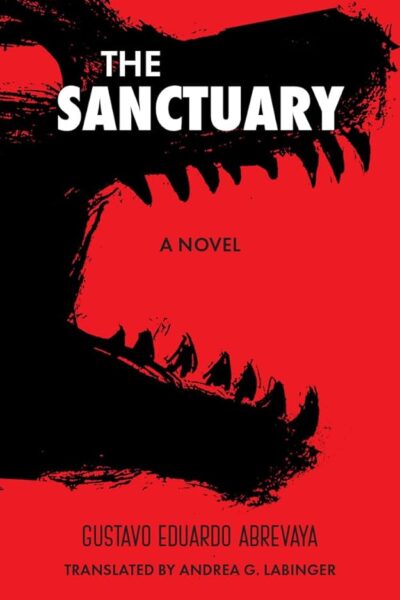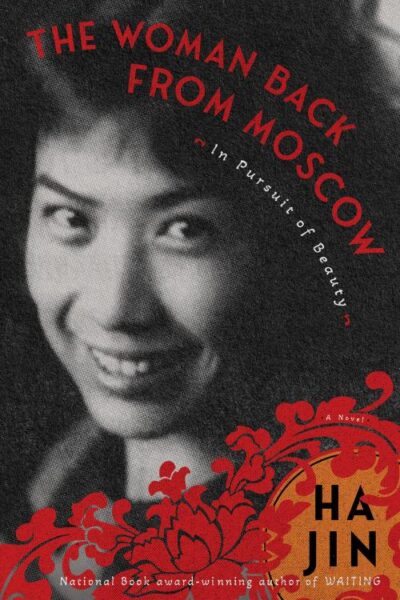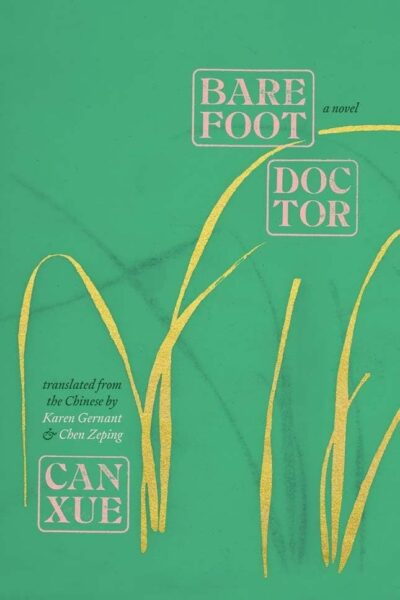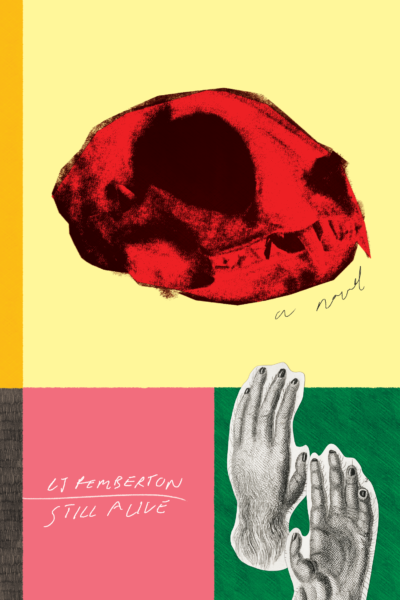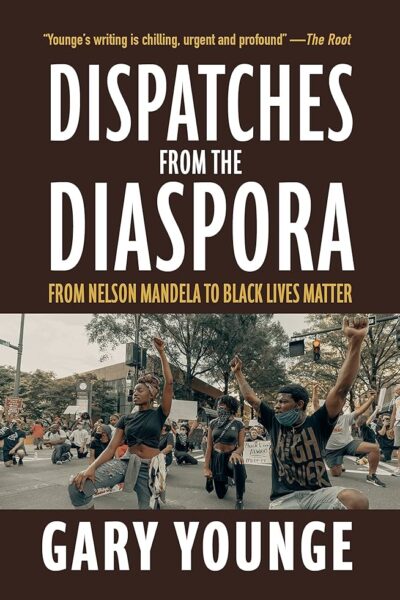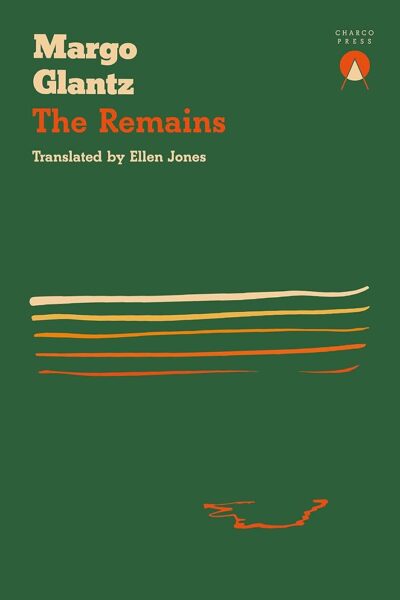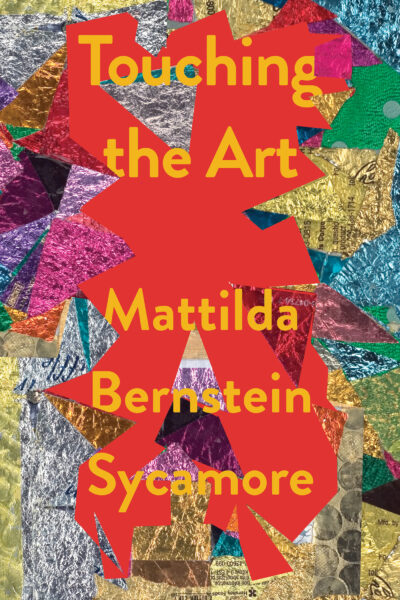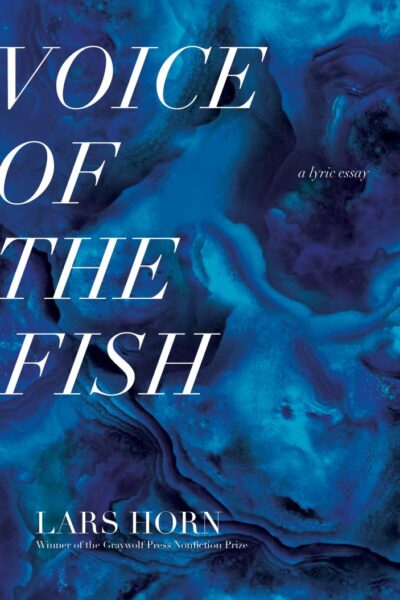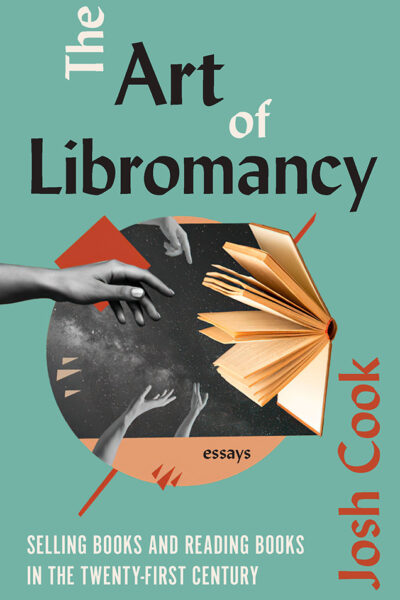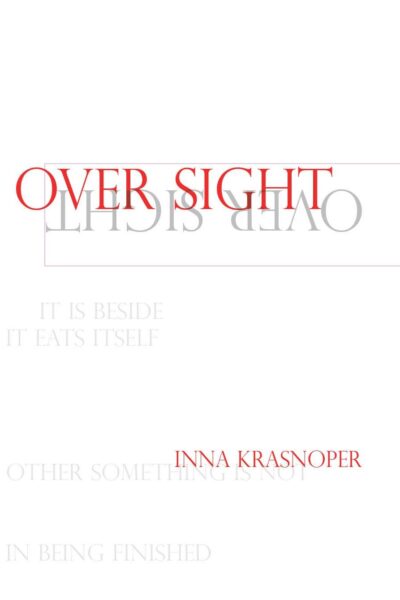The Sanctuary – Gustavo Eduardo Abrevaya
Álvaro, an Argentinian indie filmmaker traveling to a cabin in the south of his country to finish writing a screenplay . . . simply can’t shut off his attempts to turn every real-life event into a plot point.
The Woman Back from Moscow: In Pursuit of Beauty – Ha Jin
Yomei remains an adherent of the Stanislavskian method she learns in Russia. . . . Jin’s novel is, in many ways, an attempt to apply this principle to fiction.
The writing has nothing to hide behind. That alone can make a reader nervous. What’s even more nerve-rending is the prospect of living inside an artistic experiment when its creator has warned you there’s no trapdoor.
I keep thinking of STILL ALIVE as a queer Fight Club for the millennial generation. Like that earlier Gen-X novel, STILL ALIVE retains a critique of the empty promises of capitalism, one that centers queer women instead of macho men. In place of fist-fighting, we get fisting.
Dispatches from the Diaspora – Gary Younge
By placing his Blackness at the center of his project as a journalist, Younge has been able to make clear-eyed examinations of racial politics around the globe
Nora grieves, remembers, and writes, and the streams of her inward life flow through a text that vibrates with texture.
Touching the Art – Mattilda Bernstein Sycamore
Today, few know the name Gladys Goldstein. She may not have achieved the renown of the abstract expressionist giants like Jackson Pollock, but she’s the star of Touching the Art.
Horn takes readers on an autobiographical sojourn into the mind of a transnational, transmasculine writer and savant of the aquatic.
The Art of Libromancy – Josh Cook
Which free speech gets defended and which free speech is stifled? How much does power or status determine who makes the decisions? Does one person or one group of people get to decide which books are or are not available in a library or bookstore?
Did the poet make her speech presentable for the world? Is it smoothed out and proper enough? Did it go to Oxford and learn to use its commas?



